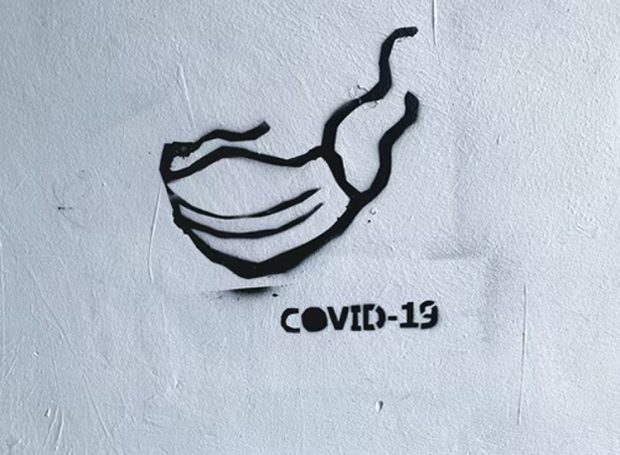

PTI, Feb 1, 2022, 8:26 AM IST

Source: unsplash
Washington DC: Some people infected with SARS-CoV-2 may be able to transmit the virus for longer than the recommended quarantine period, without necessarily manifesting any symptoms during the final stage of the infection, a study suggests.
The research, published recently in the journal Frontiers in Medicine, involved 38 Brazilian patients who were followed on a weekly basis between April and November 2020.
The researchers affiliated with the Pasteur-USP Scientific Platform, a partnership between France’s Pasteur Institute, the University of Sao Paulo (USP) and Oswaldo Cruz Foundation (Fiocruz) in Brazil, followed the patients until they tested negative twice or three times consecutively by RT-qPCR.
They found that it took a month on average for the diagnostic test to become negative.
”Of the 38 cases we tracked, two men and a woman were atypical in the sense that the virus was continuously detected in their organism for more than 70 days,” said Marielton dos Passos Cunha, first author of the research.
”Based on this result, we can say that about 8 per cent of people infected by SARS-CoV-2 may be able to transmit the virus for more than two months, without necessarily manifesting any symptoms during the final stage of the infection,” Passos Cunha said.
The researchers wanted to know if a period of 14 days was really long enough for the virus to stop being detectable, concluding that it was not.
”It can take a month for a patient to test negative, and in some cases included in our study the patients remained positive for 71 to 232 days,” said Paola Minoprio, one of the coordinators of the Platform and principal investigator for the study.
The finding serves as an alert regarding the risk of limiting quarantine for COVID-19 patients to seven, ten or even 14 days after they test positive, as initially prescribed by protocols to combat the disease, the researchers said.
It also reinforces the significance of vaccination, social distancing, and mask wearing, they said.
The difference between women and men in terms of the duration of viral activity was not significant, averaging 22 days and 33 days respectively.
As for the three atypical cases, the virus remained detectable for 71 days in the woman and 81 days in one of the two men.
None of them had comorbidities and all had mild symptoms of COVID-19, the researchers said.
The other atypical man continued to test positive for coronavirus for 232 days, after which he tested negative three times by RT-qPCR, they said.
He has had HIV, the virus that causes AIDS, since 2018 but has no detectable viral load thanks to antiretroviral therapy.
”The fact that he is seropositive for HIV does not mean he is more susceptible to other infections, as he has undergone the therapy since he was diagnosed,” Minoprio said.
”His capacity to respond to an infection by another agent is comparable to that of any other individual, and indeed he did respond to coronavirus when infected. He isn’t immunosuppressed,” he added.
Udayavani is now on Telegram. Click here to join our channel and stay updated with the latest news.





To ban or not to ban? Countries debate regulations on smartphone usage in schools


Air pollution, extreme weather could increase risk of prolonged pregnancy: Study


Carbohydrate cravings may be related to overall severity of depression: Study


SAHAYOGA: Comprehensive care for children with Type 1 Diabetes launched at MAHE Manipal


Newer Advances in Blood Cancer Treatment


India Nets: Shami works on lengths with Morkel, Pant recovers after freak hit by Hardik shot



To ban or not to ban? Countries debate regulations on smartphone usage in schools


PM didn’t tell his good friend about country’s outrage over handcuffing Indian deportees: Congress


Maha Kumbh: Akhilesh seeks compensation to kin of devotees killed in accidents


“Namma Sante” buzz: From coconut shell art to pure honey delights!
You seem to have an Ad Blocker on.
To continue reading, please turn it off or whitelist Udayavani.